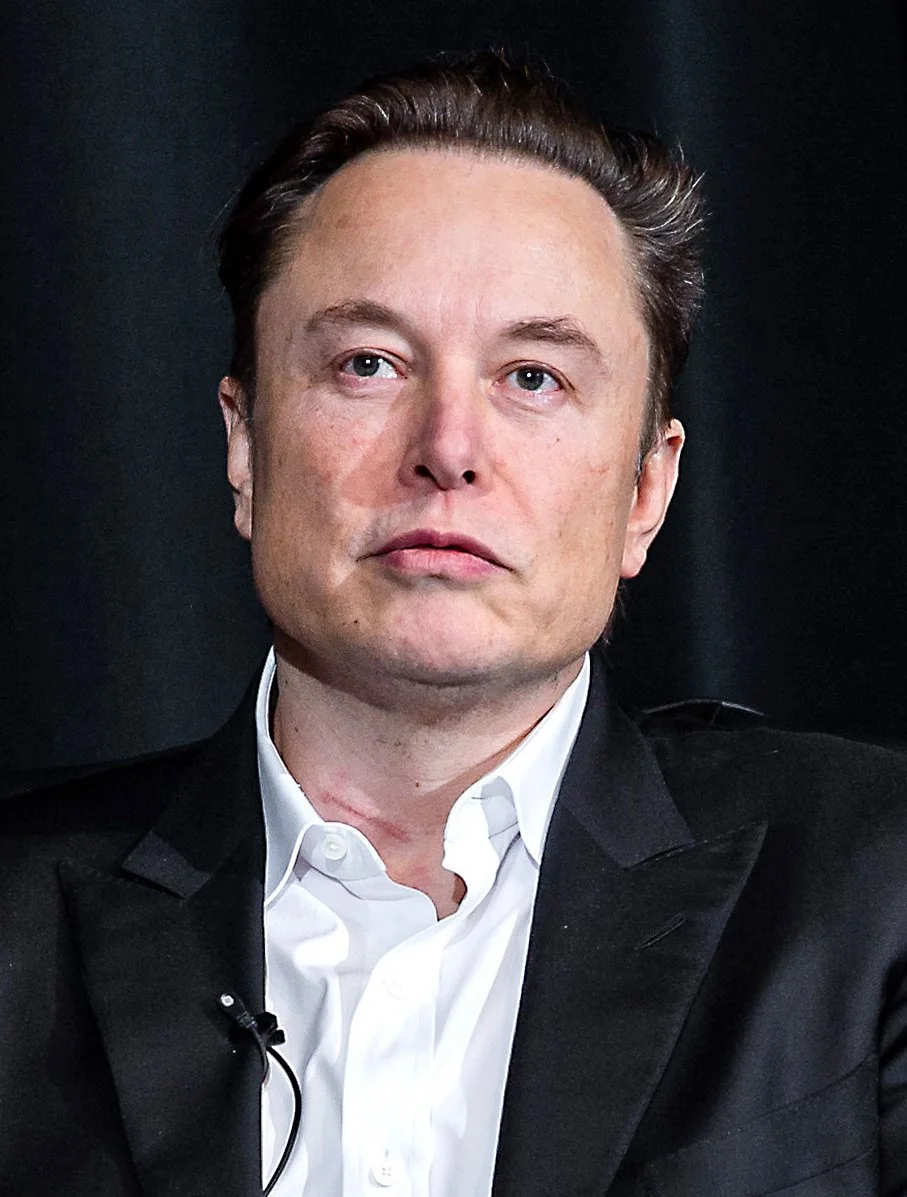Elon Musk's Shared Video Sparks Controversy and Concern
Photo Credit: U.S. Air Force / Trevor Cokley, Public domain, via Wikimedia Commons
A manipulated video featuring a convincing impersonation of Vice President Kamala Harris has ignited a debate about the impact of artificial intelligence on politics. The video, shared by tech billionaire Elon Musk on his social media platform X, mimics Harris's voice, making false and misleading statements about her candidacy. The incident raises serious concerns about the potential for AI to mislead voters as the presidential election approaches.
The Content of the Manipulated Video
The video closely mirrors a real ad released by Harris, the likely Democratic presidential nominee, but replaces the voice-over with a fake voice that convincingly imitates her. In the video, "Harris" claims she is running for president because Joe Biden has "exposed his senility" and refers to herself as a "diversity hire." These statements, intended to mislead, are compounded by the use of authentic clips of Harris and "Harris for President" branding, adding to the video's deceptive nature.
Reaction from the Harris Campaign
Mia Ehrenberg, a spokesperson for the Harris campaign, condemned the video, emphasizing that it spreads "fake, manipulated lies" and does not represent the values Harris stands for. The campaign insists that Americans deserve genuine information and opportunities, not misleading content created and shared by influential figures like Elon Musk and Donald Trump. This manipulation underscores the need for greater scrutiny and regulation of AI-generated media in politics.
The Role of Social Media Platforms
The video shared by Musk has been viewed over 123 million times, highlighting the vast reach and influence of such manipulated content. While the original creator, a YouTuber known as Mr Reagan, disclosed that the video is a parody, Musk's post did not include this context. This has led to calls for better labeling and transparency on social media platforms to prevent confusion and ensure users are aware of the nature of the content they encounter.
Regulatory Gaps and State-Level Actions
The incident exposes the regulatory gaps in managing AI-generated content in the political arena. While some states and social media platforms have rules regarding manipulated media, there is a lack of significant federal action to address this growing issue. The video serves as a stark reminder of the urgent need for comprehensive regulations to govern the use of AI in politics, ensuring transparency and protecting the integrity of information during elections.
The Debate on Satire and Deception
The video also raises questions about the fine line between satire and deception. While satire is protected and often used to critique or humorously highlight political issues, it must be clearly distinguished from genuine information to avoid misleading the public. The controversy surrounding Musk's post illustrates the challenges in balancing free expression with the need to prevent the spread of false and potentially harmful information.

